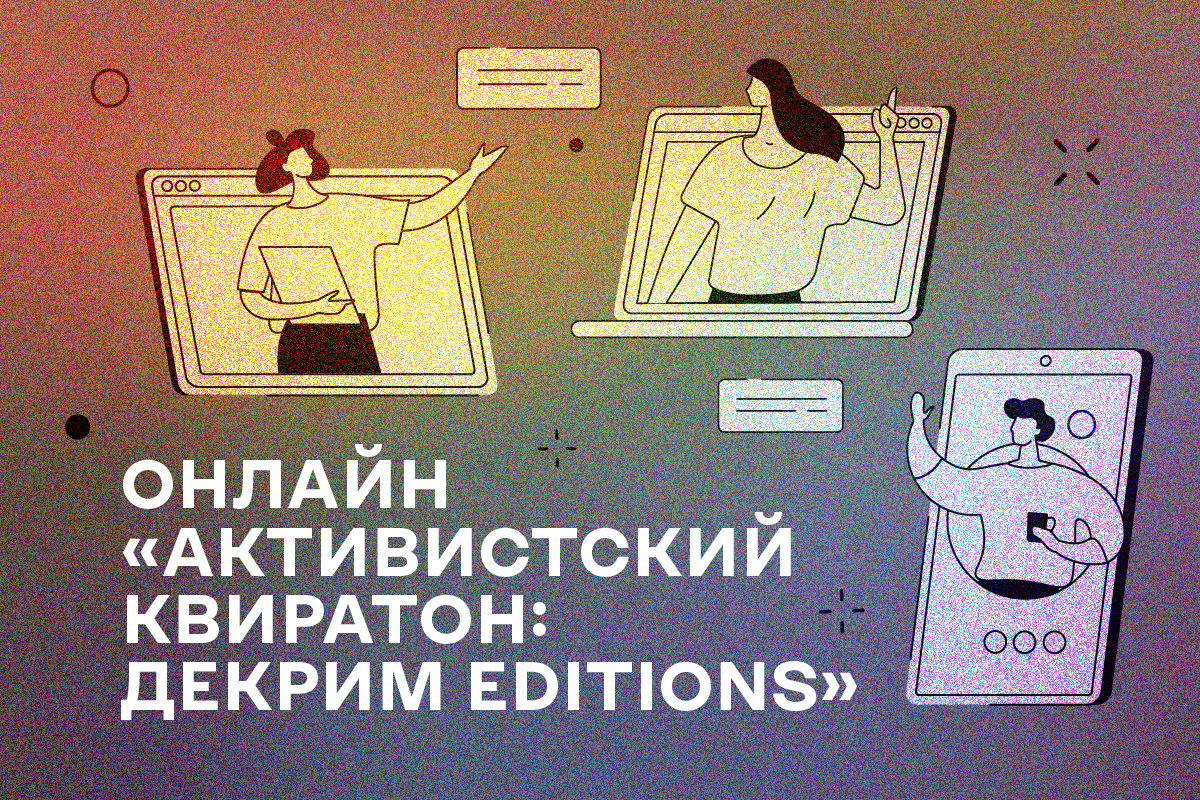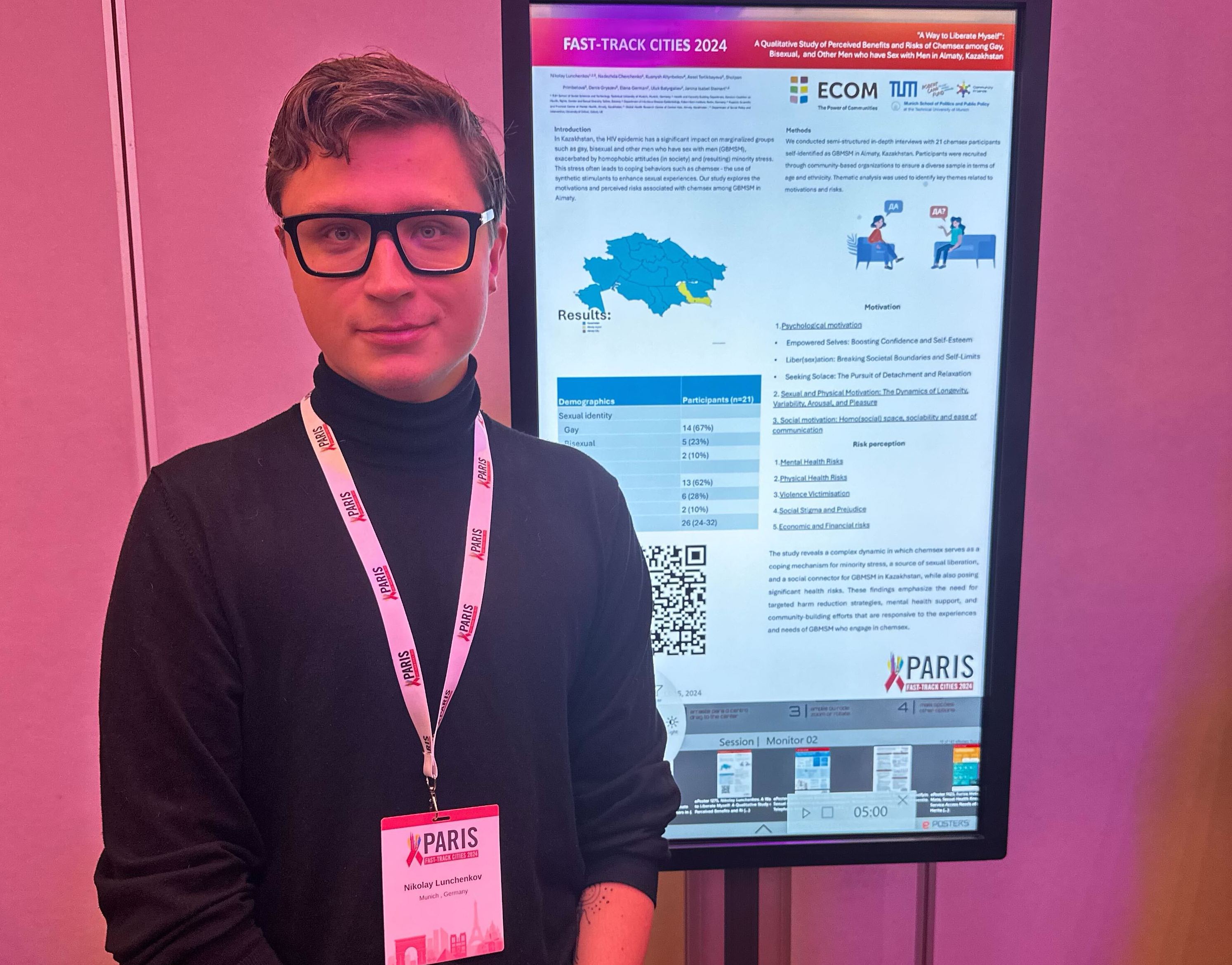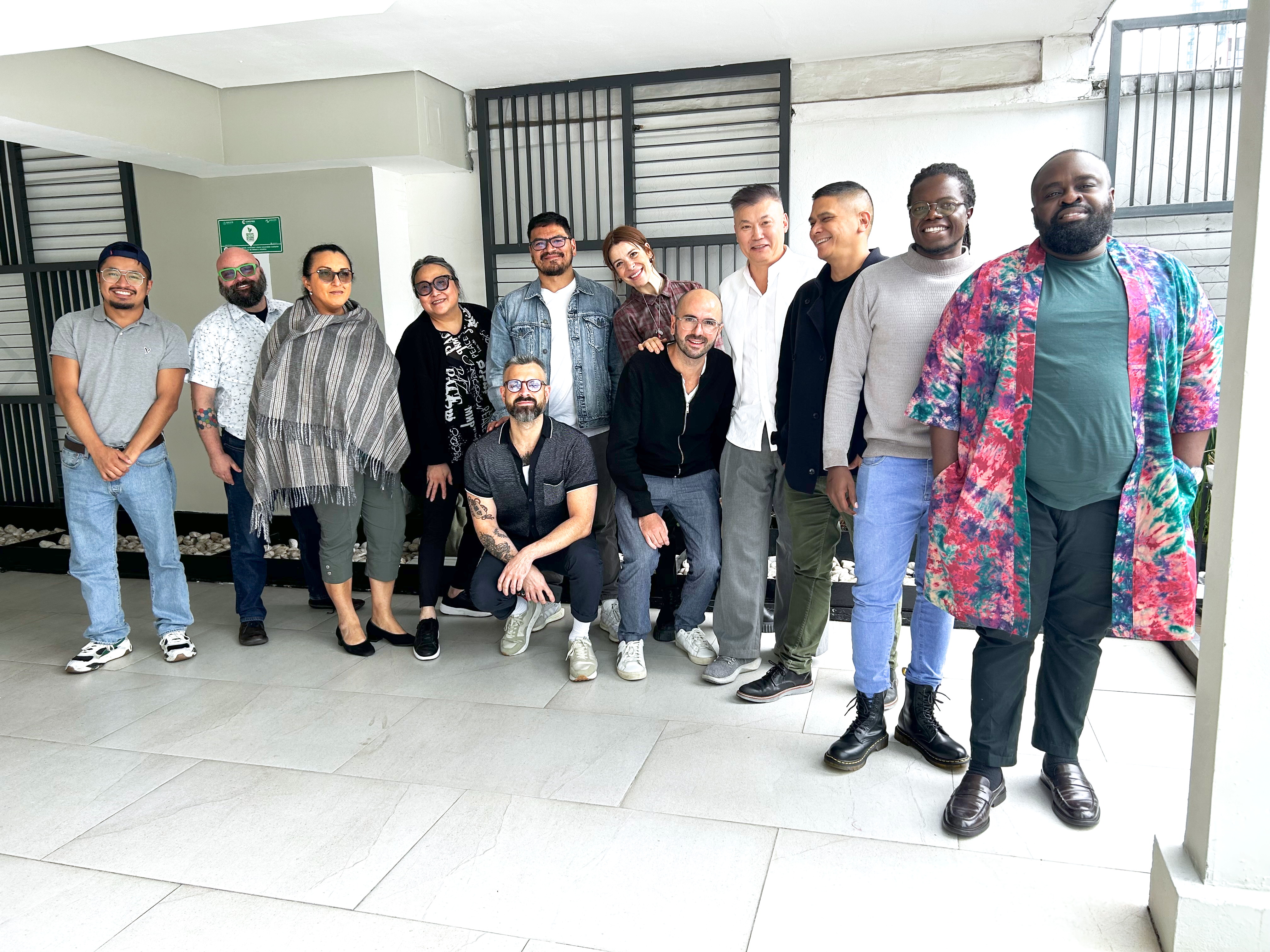GENEVA (17 April 2020) – States need to ensure that lesbian, gay, bisexual, trans and intersex people do not face discrimination or fear retribution for seeking healthcare amid the COVID-19 crisis, UN High Commissioner for Human Rights Michelle Bachelet said Friday, as the UN Human Rights Office published a new guidance note for States and other stakeholders on COVID-19 and the human rights of LGBTI people.
“LGBTI people are among the most vulnerable and marginalised in many societies, and among those most at risk from COVID-19. In countries where same-sex relations are criminalised or trans people targeted, they might not even seek treatment for fear of arrest or being subjected to violence,” Bachelet said.
“We know that efforts to tackle the pandemic will only work if everyone’s rights to life and health are protected. For LGBTI people, this means identifying and addressing the ways in which they are particularly vulnerable, ensuring they are not discriminated against, and finding solutions. It also means ensuring their voices are heard.”
The guidance published by the Office of the UN High Commissioner for Human Rights identifies major concerns and sets out key actions in the context of the pandemic.
These include ensuring that measures introduced to lessen the economic impact of the crisis take LGBTI people fully into account as they are more likely to be unemployed and live in poverty than the general population. Given stay-at-home restrictions, some LGBTI youth are confined in hostile environments with unsupportive family members or co-habitants, increasing their exposure to violence, as well as their anxiety and depression. It is essential that support services and shelters remain available during this period.
ENDS
As the COVID-19 crisis unfolds, the UN Human Rights Office is issuing a range of media products and succinct guidance on the many human rights dimensions of the pandemic. These can be found on our dedicated COVID-19 webpage.






Комментарии
Пока никто не оставил комментарий